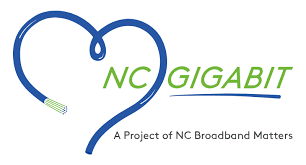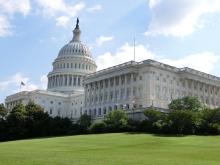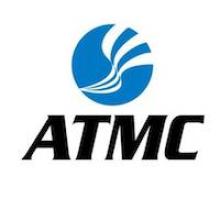State Legislatures 2020: Broadband Preemption Still a Risk
As state lawmakers debate in committee rooms and Capitol chambers around the country, various broadband and Internet network infrastructure bills are appearing on agendas. Some are good news for local communities interested in developing publicly owned networks while other preemption bills make projects more difficult to plan, fund, and execute. We've gathered together some notable bills from several states that merit watching - good, bad, and possibly both.
New Hampshire
For years, local communities were not allowed to bond to develop publicly owned broadband infrastructure in New Hampshire. Last year, the state adopted SB 170, which opened the door a crack so that municipalities can bond to develop infrastructure for public-private partnerships (PPPs) in "unserved" areas. This year, the New Hampshire General Court has the opportunity to push open the door a bit wider with SB 459.
SB 459 allows local communities to potentially define "unserved" areas themselves by putting more responsibility on Internet access providers. Municipalities must currently engage in a request for information process in which they must reach out to all Internet service providers operating in the community. SB 459, if adopted, would allow a community to consider areas "unserved" if a provider does not respond to such a request to clarify which premises are unserved. With the "unserved" designation, municipalities can bond to develop infrastructure to serve those premises.
The bill has bipartisan support and is scheduled for a March 11th hearing in the Senate Election Law and Municipal Affairs Committee. Read the text of SB 459 here [PDF] and follow its progress here.
Pennsylvania





 In this interview, we learn more about both cooperatives and about their long histories of serving people who live in rural communities. Each has their own special expertise and this partnership allows them to combine those for the benefit of members who want better connectivity. Piedmont is one of several electric cooperatives that Wilkes, through RiverStreet, is working with to expand connectivity in rural North Carolina. Greg also describes the ways that RiverStreet works with local communities to take advantage of public assets to expand broadband to more households and businesses.
In this interview, we learn more about both cooperatives and about their long histories of serving people who live in rural communities. Each has their own special expertise and this partnership allows them to combine those for the benefit of members who want better connectivity. Piedmont is one of several electric cooperatives that Wilkes, through RiverStreet, is working with to expand connectivity in rural North Carolina. Greg also describes the ways that RiverStreet works with local communities to take advantage of public assets to expand broadband to more households and businesses.


